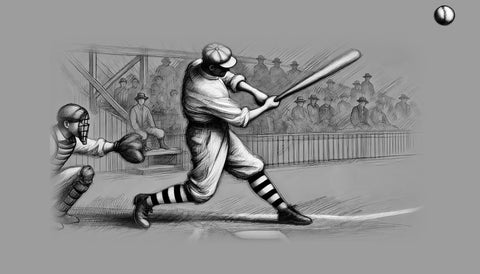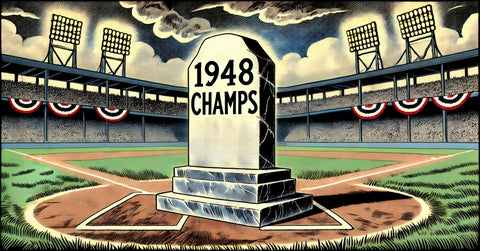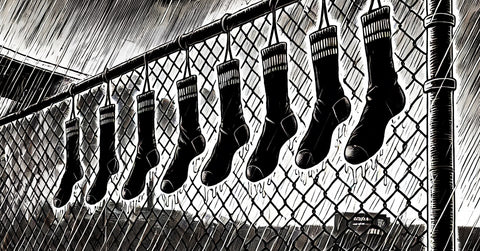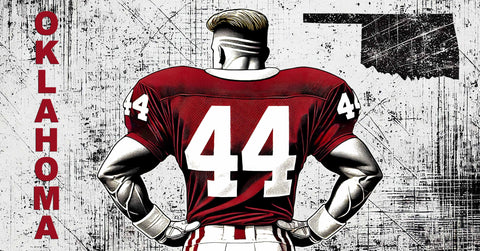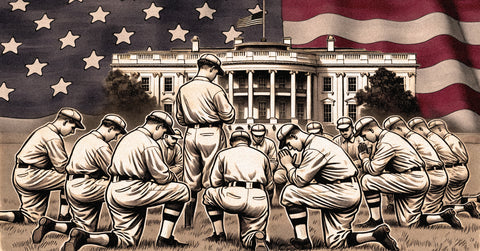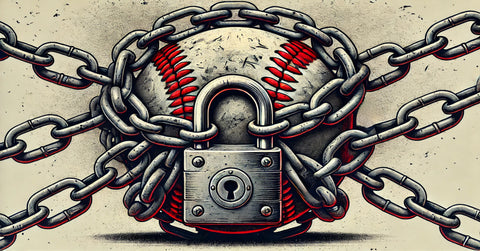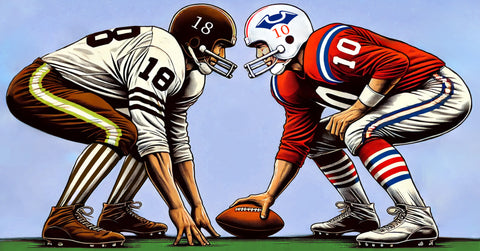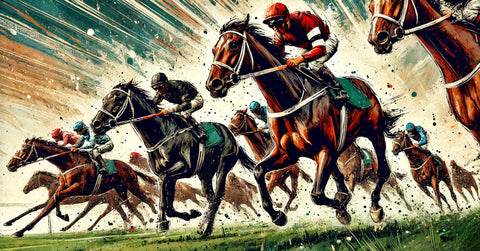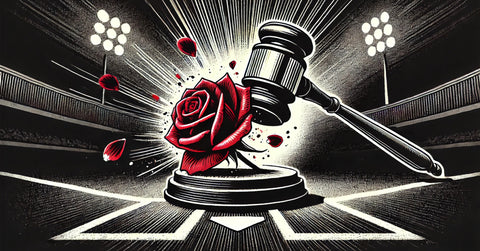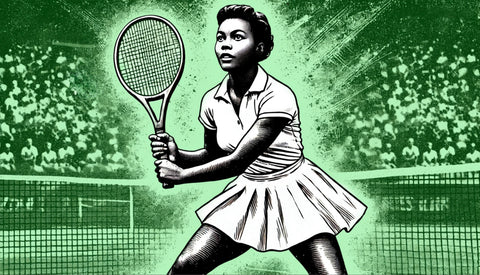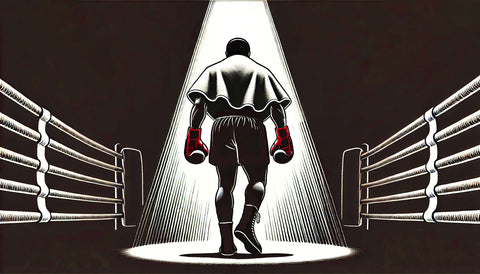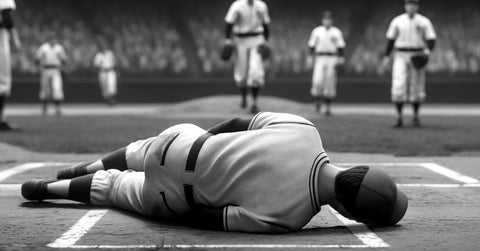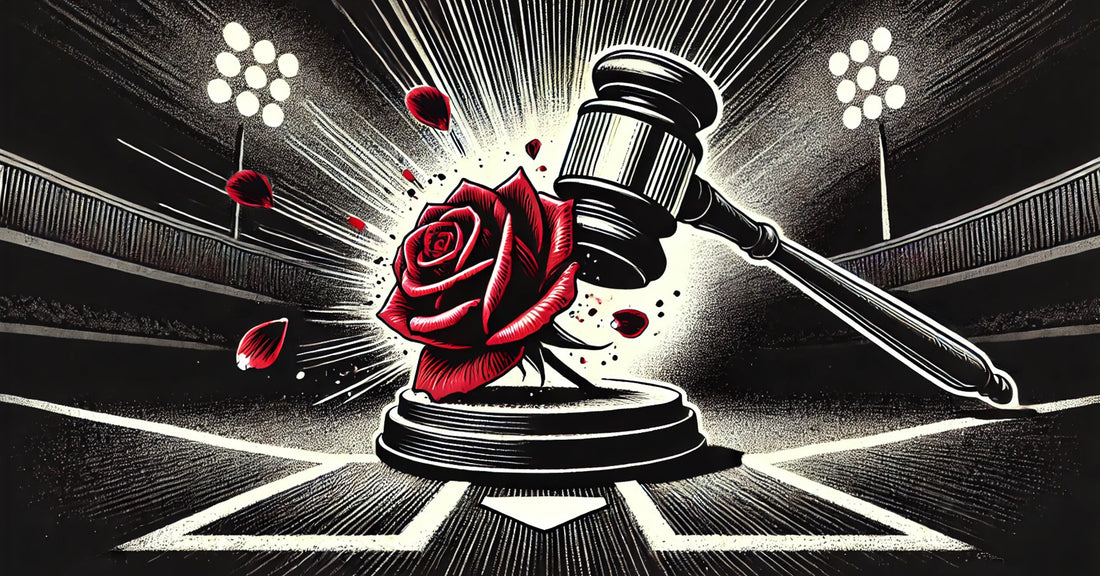
August 24, 1989: Banned for Life - Pete Rose and the Cost of Breaking Baseball’s Sacred Rule
Share
On August 24, 1989, baseball witnessed a landmark decision as Pete Rose, Major League Baseball’s all-time hits leader, was banned for life due to allegations of gambling on games, including those involving his own team, the Cincinnati Reds, while serving as their manager. This historic decision was announced by then-Commissioner A. Bartlett Giamatti, marking a dramatic end to Rose’s illustrious career and sparking ongoing debates within the baseball community.
Known as “Charlie Hustle” for his unparalleled drive and tenacity on the field, Rose amassed an MLB record of 4,256 hits, a feat that remains unmatched. However, his gambling activities, documented extensively in the Dowd Report compiled by attorney John Dowd, violated one of baseball’s most sacred rules: no betting on baseball games. This rule, prominently displayed in every clubhouse, is meant to preserve the integrity of the game.
During the investigation, Rose consistently denied the allegations. Nonetheless, he accepted a lifetime ban from baseball, stating that he agreed to the punishment to avoid further embarrassment and controversy. The agreement did not include a formal admission of guilt regarding the gambling allegations. It also included a clause that allowed Rose to apply for reinstatement after one year, though no such reinstatement has been granted.
This lifetime ban meant that Rose was placed on baseball’s permanently ineligible list, which made him ineligible for induction into the Baseball Hall of Fame. The Hall of Fame’s rules state that anyone on the MLB’s permanently ineligible list cannot be considered for induction, effectively barring Rose from being honored for his on-field achievements.
Pete Rose’s banishment served as a powerful message about the consequences of compromising the integrity of the game. His case has continued to stir debate among fans, players, and sports historians. Some argue that his accomplishments as a player should earn him a place in the Hall of Fame, despite his off-field actions, while others maintain that the sanctity of baseball’s integrity must take precedence.
Years later, in 2004, Rose publicly admitted to betting on baseball games, including those involving the Reds, in his book My Prison Without Bars. This admission, coming 15 years after the ban, did little to sway the opinion of MLB officials or Hall of Fame voters. The debate over Pete Rose’s legacy and his place in baseball history remains as fervent as ever.
Pete Rose’s saga remains one of the most compelling and controversial stories in the history of sports. It raises profound questions about redemption, the weight of a player’s achievements versus their transgressions, and what legacy truly means in the world of professional sports.







